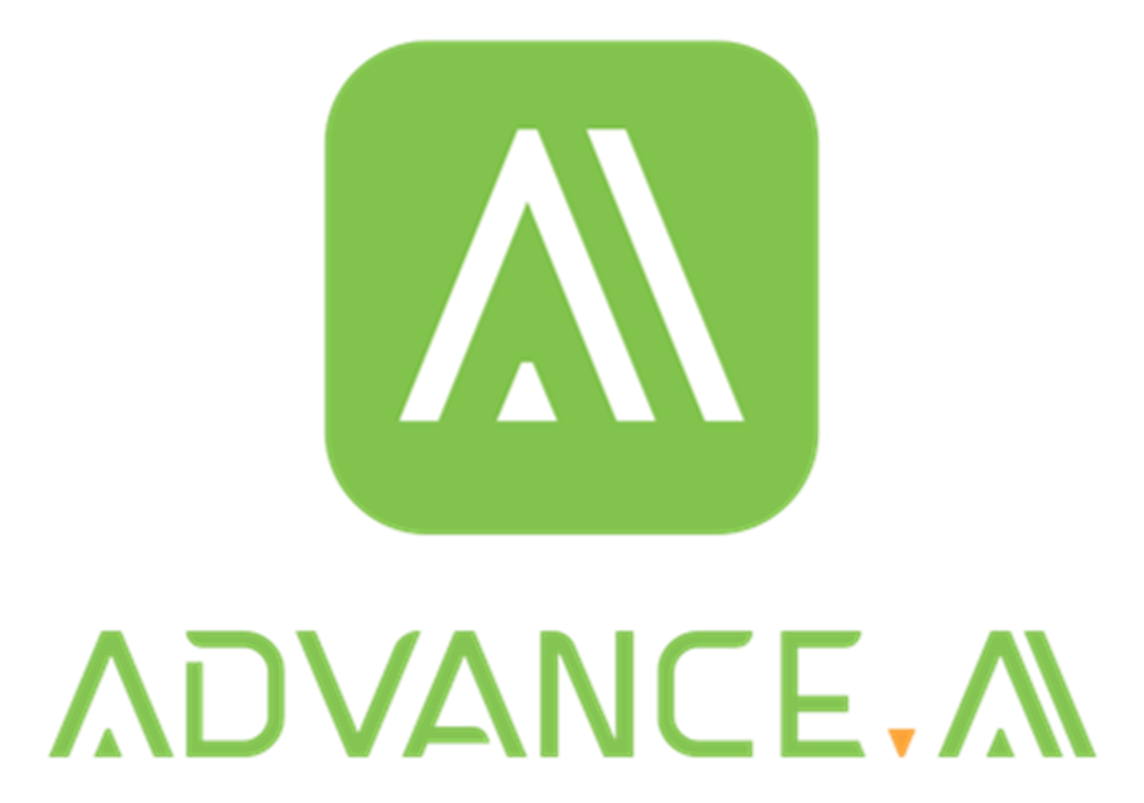Career Opportunities in Data Science & AI Specialist
About Advance AI
The Advanced AI course provides in-depth knowledge of cutting-edge AI techniques, including deep learning, reinforcement learning, natural language processing, and computer vision. Students explore advanced topics such as generative adversarial networks (GANs), transformer models, and ethical considerations in AI. Hands-on projects and real-world applications empower students to master complex AI concepts and contribute to the forefront of AI research and development.
Course Curriculum:
Data Science & AI Specialist
- Overview of AI and its subfields
- Introduction to data science and its significance
- Ethical considerations in AI and data science
- Introduction to Python
- Basic to Advance Python (Check Our Python Course to know more about it)
- Module 1: Introduction to Statistics and Probability
- Overview of Descriptive and Inferential Statistics
- Types of Data and Measurement Scales
- Module 2: Probability Distributions
- Discrete Probability Distributions (Bernoulli, Binomial, Poisson)
- Continuous Probability Distributions (Uniform, Normal, Exponential)
- Module 3: Statistical Inference
- Point Estimation and Interval Estimation
- Hypothesis Testing: Null and Alternative Hypotheses
- Module 4: Linear Regression
- Simple Linear Regression
- Multiple Linear Regression
- Module 5: Probability in Machine Learning
- Bayes' Theorem and Conditional Probability
- Naive Bayes Classifier
- Module 6: Classification Algorithms
- Logistic Regression as a Probability Estimator
- Decision Trees and Random Forests for Classification
- Module 7: Clustering and Unsupervised Learning
- K-Means Clustering
- Hierarchical Clustering
- Module 8: Bayesian Statistics
- Introduction to Bayesian Inference
- Prior, Likelihood, and Posterior Distributions
- Module 9: Time Series Analysis
- Introduction to Time Series Data
- Autoregressive (AR), Moving Average (MA), and Autoregressive Integrated Moving Average (ARIMA) models
- Module 10: Anomaly Detection and Outliers
- Techniques for Detecting Anomalies
- One-Class SVM and Isolation Forest
- Supervised learning, unsupervised learning, and reinforcement learning
- Feature engineering and preprocessing
- Matrices and vectors
- Eigenvalues and eigenvectors
- Handling missing data
- Data normalization and scaling
- Linear regression
- Logistic regression
- Clustering algorithms (K-means, hierarchical clustering)
- Dimensionality reduction (PCA, t-SNE)
- Basics of artificial neural networks
- Deep learning frameworks (TensorFlow, PyTorch)
- Tokenization and text preprocessing
- Sentiment analysis
- Handling time-series data
- Seasonality and trend analysis
- Introduction to big data technologies.
- Cloud platforms (AWS, Google Cloud) for data science
- Responsible AI and ethical considerations
- Data privacy regulations (GDPR, CCPA)
- Techniques for selecting and creating relevant features
- Feature importance and dimensionality reduction
- Deploying machine learning models in production
- REST APIs and model monitoring
- Advanced visualization techniques
- Interpreting complex models
- Real-world project applying AI and data science concepts
- Data collection, preprocessing, modeling, and presentation
- Reinforcement learning algorithms
- Generative adversarial networks (GANs)
ChatGPT
- Overview of Conversational AI and its Applications
- Understanding Text Data: Tokens, Sentences, and Text Representation
- Overview of the GPT-3 Model Architecture
- Transformer-Based Models for Language Understanding
- Designing Conversational User Interfaces (CUI)
- Dialogue Management and State Tracking
- Fine-tuning GPT-3 for Specific Tasks
- Domain Adaptation and Specialized Chatbots
- Data Annotation and Collection for Customization
- Context Management in Conversations
- Long Conversations and Memory Efficiency Techniques
- Metrics for Evaluating Conversational Systems
- Human-in-the-Loop Testing and Quality Assurance
- Incorporating Images, Videos, and Audio in Conversations
- Fusion of Text and Visual Information
- Reinforcement Learning for Dialogue Systems
- Generative Adversarial Networks (GANs) in Conversational AI
- Setting up Conversational Agents for Deployment
- Scalability and Performance Optimization
- Bias and Fairness in Conversational AI
- Addressing Controversial Topics and Inappropriate Content
- Current Research and Future Directions
- Open Challenges in Conversational AI
